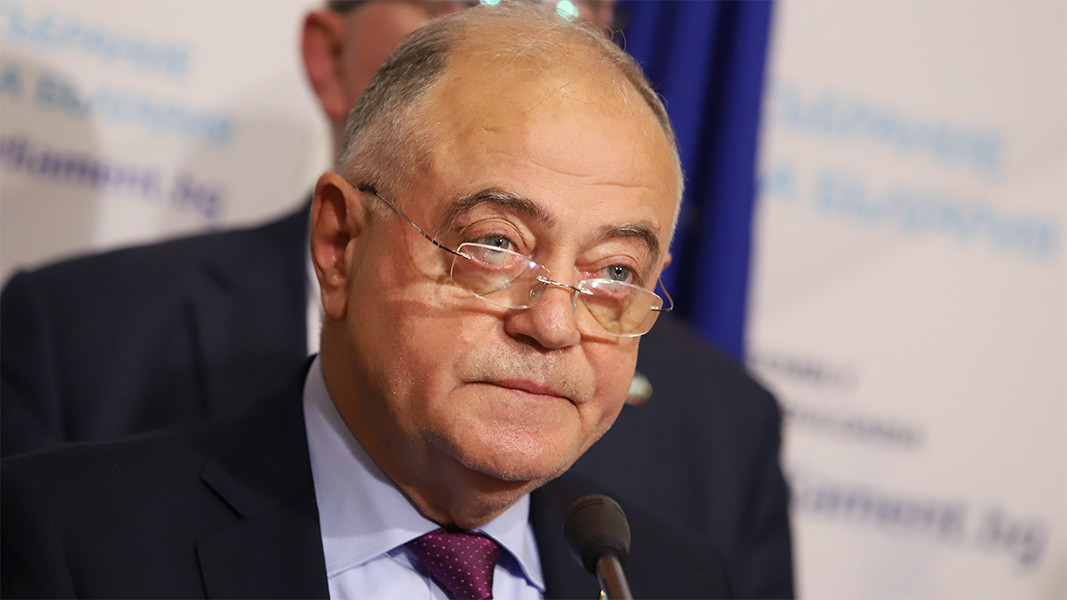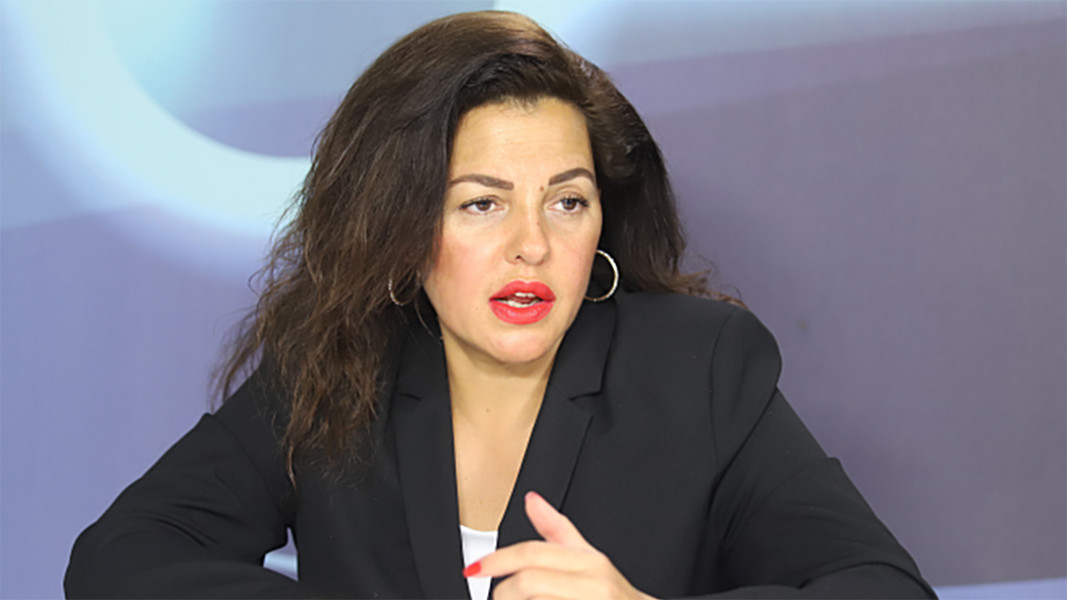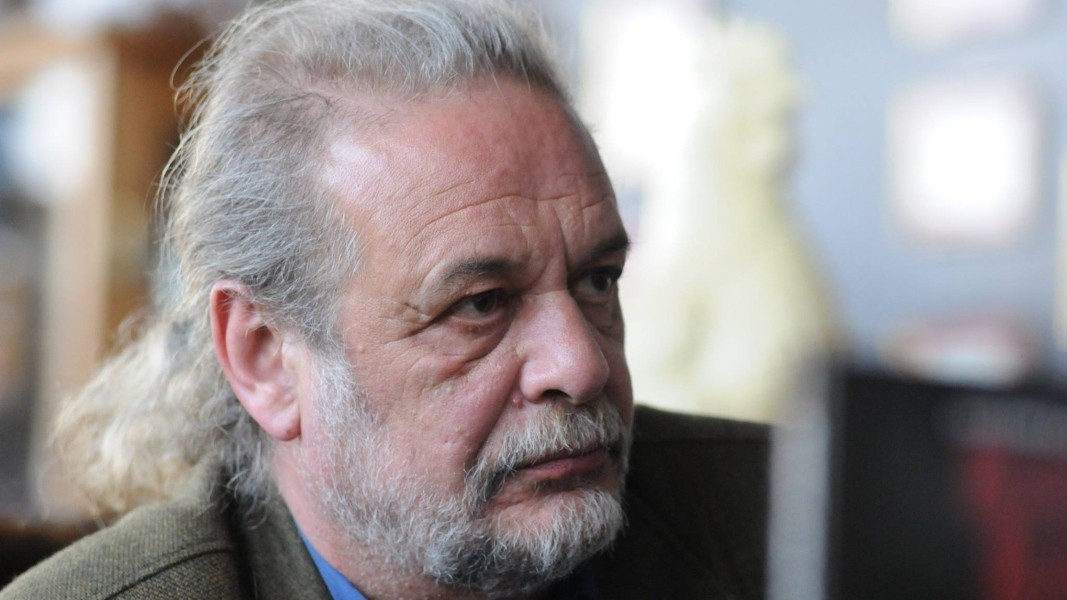Subtitle: The ruling coalition destabilization is due to various factors, as early elections seem to be the likely way out of the crisis
The crisis in the Bulgarian government, which erupted after the coming out of power of one of the coalition partners - "There is such a people" party (ITN) has been the main topic in the political agenda for Bulgaria over the past five days. Political scientists and analysts are actively discussing the causes and consequences for the ruling coalition after the surprising withdrawal of cabinet ministers from the quota of the political party of TV showman Slavi Trifonov.
The international situation is adding fuel to the fire of the Bulgarian political cauldron.

"One of the important reasons for the destabilization is the war in Ukraine," said Deputy Speaker of the National Assembly Atanas Atanasov. “In this difficult conflict, Russia needs a breakthrough in the Euro-Atlantic community and it is working very hard in this direction. Russia's special services in Bulgaria are using internal political loopholes in the country to cause this destabilization so that at some point this could lead to a situation where Bulgaria is not a trusted ally in the Euro-Atlantic community."
As for the sensitive topic of the Bulgarian veto on the start of EU accesstion negotiations with North Macedonia, Atanasov is convinced that the topic is actively used as yet another trump card to destabilize the Bulgarian government by Serbia and Russia.
What are the possible ways out we have in such a situation?
There are three possible scenarios, political scientist Tsvetanka Andreeva explains in an interview for the BNR.

"The first option is a minority government, which has already been proposed by the now three-party coalition. A new government of broad consensus within this parliament is also possible, as suggested by "There is such a people", as well as the well-known elections. We are yet to see how things will develop in parliament. What is important for me, however, is that the scandals we are witnessing do not correspond to current social problems. This debate is not about people's problems, but about the consumption of power, which once again distances political from public life. "
The leading political force in the Bulgarian parliament - "We continue the change" party - is ready for early elections, but will make every possible effort not to reach them, said Lena Borislavova, head of the Prime Minister's Office.
"No parliamentary force considers early elections as a desirable option and I do not think it aims to provoke them," is the opinion of Professor Alexander Marinov, chairman of the President's Strategic Council.

"We Continue the Change, the Bulgarian Socialist Party and Democratic Bulgaria express a desire to continue to rule, but the question is how they will achieve it. What we know so far is that representatives of “We Continue the Change” are in talks with individual MPs from ITN to get the 12 votes they need /to be able to vote the update of the country's budget and other important laws related to the country’s Recovery and Development Plan/. However, the problem is beyond that, namely in what form and on what grounds such political support will be justified. If there are 12 votes that appear and disappear according to the situation, the government's political position will be weak and vulnerable to criticism."
There are three governments in the 32-year history of the transition period in bulgaria that have tried to turn Bulgaria into a normal western country - those of Filip Dimitrov, Ivan Kostov and the current Prime Minister Kiril Petkov, said in an interview with BNR political scientist Evgenii Dainov:

"The current situation is similar to the one after the overthrow of Filip Dimitrov's government. He tried to make reforms and separate Bulgaria from Russia, but was overthrown and warned that this would open the door to chaos, through which the thugs and the Russian secret spies later entered the country. The current government has resolutely broken away from Russia's gas dependence, stood firmly on European positions, and this has confused the plans of those who had been in the actual power for more than 20 years now."
For his part, political scientist Alexander Dimitrov considers early elections inevitable. "The anti-corruption claims, which united the four parties, have degenerated into disputes over positions and appointments, which has greatly confused voters," he said.

"In order to have a minority government, there must be a culture of parliamentary life that we do not have. In addition, there must be more parties in parliament - other players who are not nominally declared either a ruling or an opposition party and who occasionally support individual proposals of a given goverment."
Compiled by Yoan Kolev
Edited by Elena Karkaralnova
English version Rositsa Petkova
Photos: BGNES, BNR, libraryA new path ahead for the European Union – this is what the President of the European Commission Ursula von der Leyen outlined in her annual state of the union address in Strasbourg a few days ago. To summarize – the economic and military..
“We Continue the Change–Democratic Bulgaria” (PP-DB) has tabled a vote of no confidence against the government of Rosen Zhelyazkov in the “Justice and Internal Order” sector, BGNES reported. “We see not just a failure, but a systemic refusal..
In an article published by POLITICO , Sofia Mayor Vasil Terziev and Athens Mayor Haris Doukas called on European institutions to take a clear stance in defense of democracy in Turkiye, the Sofia Municipality press center reported. The..
A new path ahead for the European Union – this is what the President of the European Commission Ursula von der Leyen outlined in her annual state of..

+359 2 9336 661
